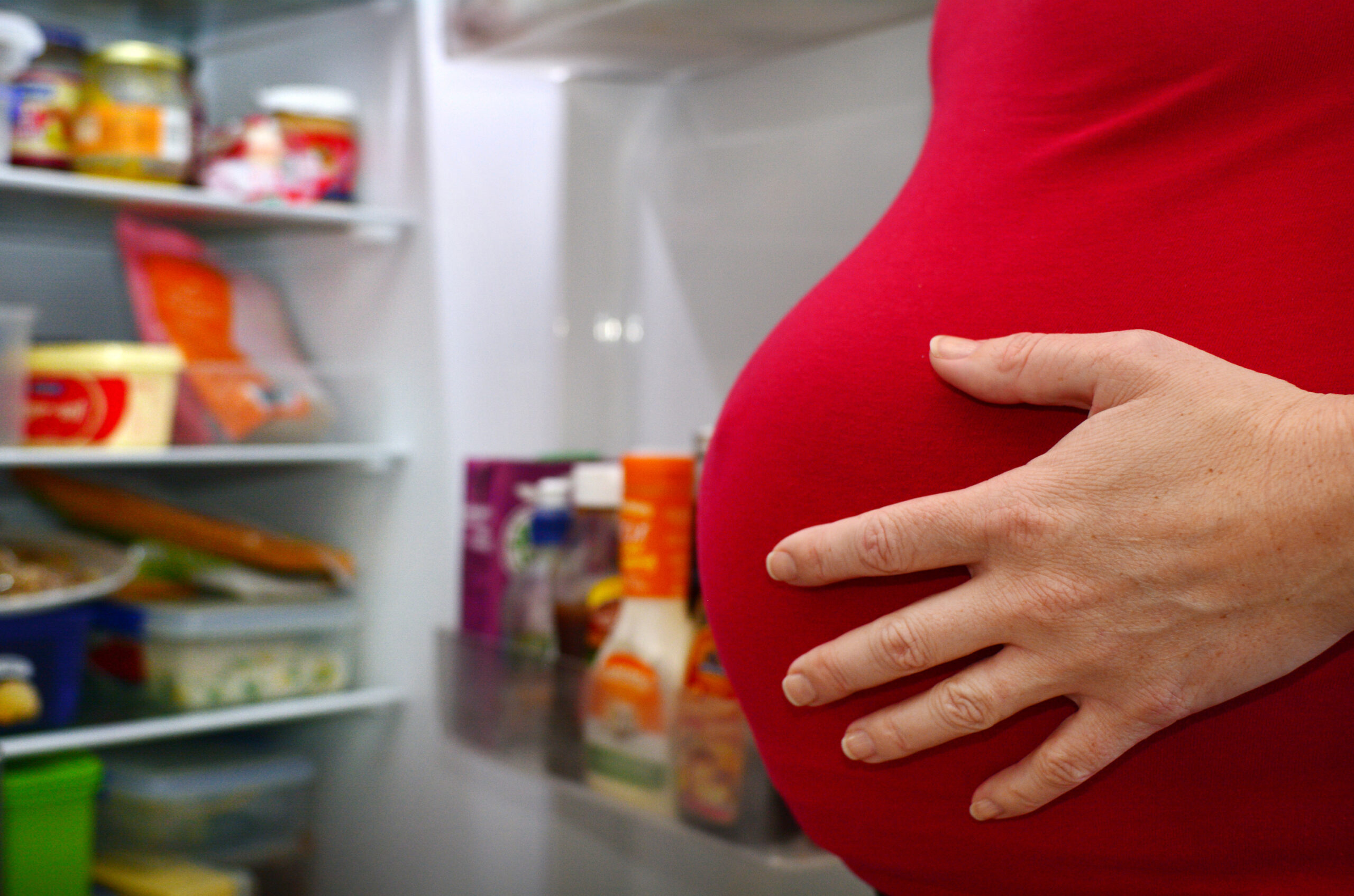The accelerator, the brake, and the terrain: Associations of reward-related eating, self-regulation, and the home food environment with diet quality during pregnancy and postpartum in the pregnancy eating attributes study (PEAS) cohort
In this 2020 study, Nansel et al. inspect the associations between reward-related eating, self-regulation, and the home food environment with diet quality during pregnancy and following childbirth (postpartum). The women were monitored from their first trimester of pregnancy (≤12 weeks gestation) to their postpartum period (1 year after giving birth). Dietary data were all collected at each trimester and at 2, 6, and 12 months postpartum. The Healthy Eating Index scores (which measures diet quality) during pregnancy were inversely associated with reward-related eating (all measures to some extent) and with self-regulation (1 out of 2 measures). However, the relationship between postpartum dietary quality score and these outcomes was not statistically significant. As the Healthy Eating Index scores obtained during pregnancy and postpartum increased, the obesogenic scores in the Home Food Inventory were generally lower, and the fruit and vegetable scores were found to be greater. The fact that diet quality tended to be lower in women during pregnancy than the postpartum period suggests that further investigation is warranted to better understand what determines eating behaviors during pregnancy. [NPID: reward, diet quality, home, impulsivity, postpartum, pregnancy, self-regulation]
Year: 2020
 Navigation
Navigation






